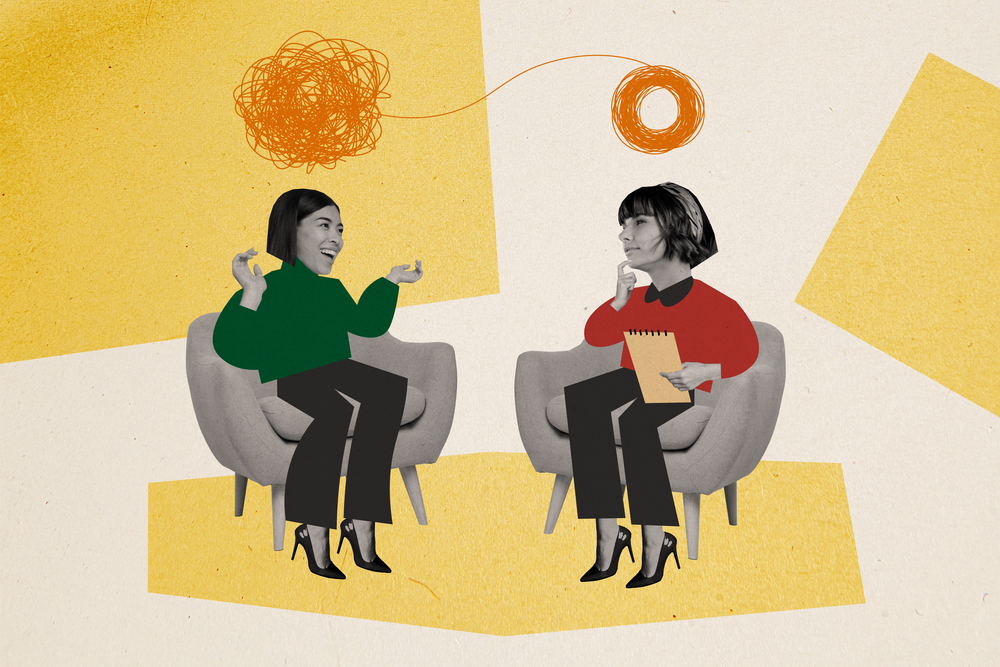Profound moments of connection between client and therapist may do more than make therapy feel meaningful. A new study suggests they can help drive recovery.
A new UK study, published in Psychotherapy Research, followed more than 1,000 therapy clients in the United Kingdom and found that experiences of “relational depth”—rare but powerful encounters of closeness and mutual presence—predicted later reductions in depression and anxiety.
The study was led by Gina Di Malta of The Open University, along with Joel Vos, Julian Bond, Biljana van Rijn, and Mick Cooper. It is the first large-scale longitudinal analysis to test whether relational depth precedes symptom change. They write:
“Through these moments of deep connection, clients may come to feel that they and their psychotherapists are ‘on the same page’: bonded and working towards similar goals, with shared understandings of the tasks needed to get there.”
The study addresses a broader tension in the field over how to capture the complex, human work of therapy within systems that prioritize standardization and easy measurement. Managed care, research protocols, and medical frameworks often emphasize techniques and symptom counts, leaving little room for elements like relational depth that often resist quantification. Yet the evidence here suggests that these fleeting, hard-to-measure encounters may be central to why therapy helps at all, raising questions about whether current systems are built to recognize, let alone support, what is most healing in the therapeutic process.















